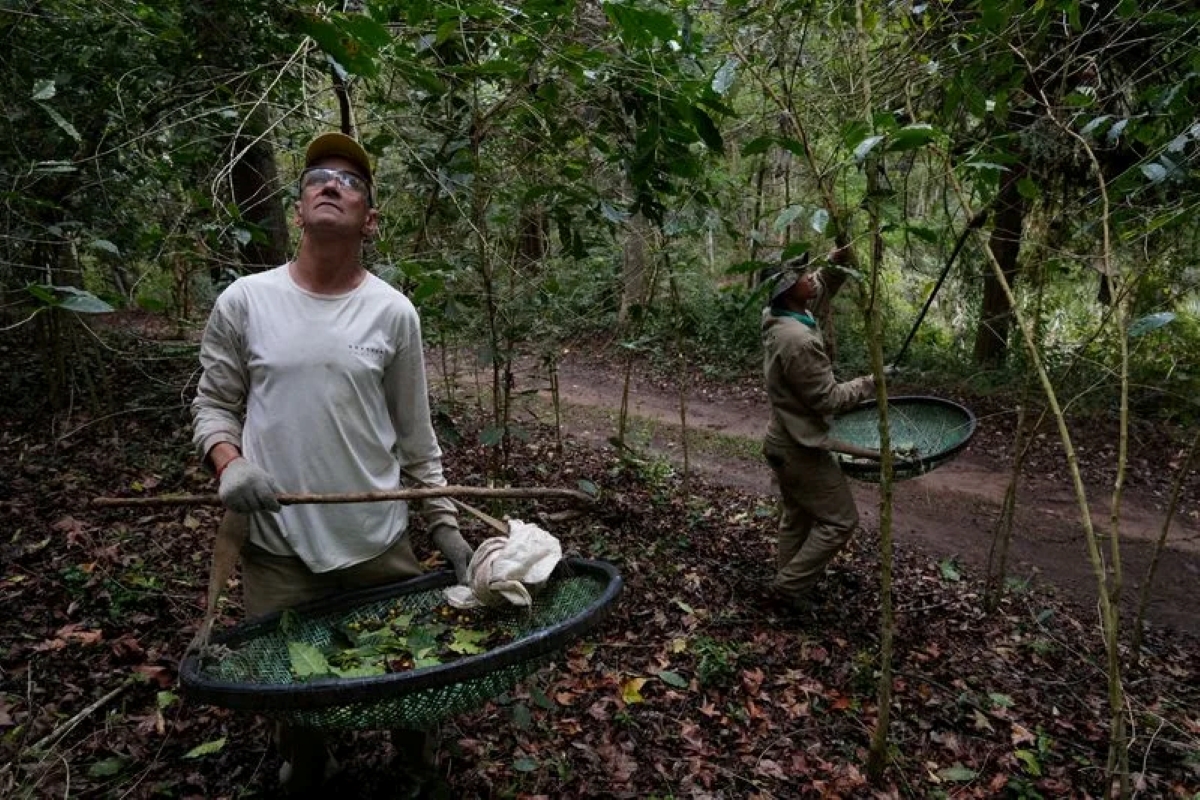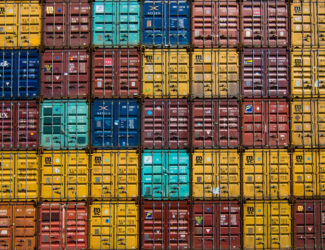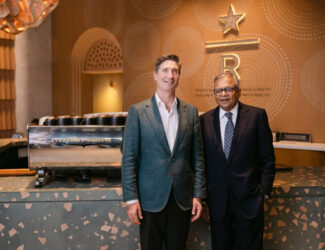
Trump’s Coffee Tariff Changes Redraw Global Supply Map
NEW YORK/SÃO PAULO — Qahwa World
Recent adjustments to U.S. coffee import tariffs by the Trump administration are set to benefit American coffee roasters and importers, while Brazil, the world’s top coffee producer, faces ongoing challenges.
Late last week, the administration removed tariffs on most coffee bean imports from nearly all producing countries. However, Brazilian coffee remains subject to a steep 40% duty, despite the elimination of the 10% reciprocal tariff. Analysts and industry officials say this will drive the U.S., the world’s largest coffee market, to source beans from Asia and Latin America, bypassing Brazilian coffee.
“It’s a matter of price adjusting the trade flows,” said Judith Ganes, president of J. Ganes Consulting and senior soft commodities analyst. Most coffee-producing countries in the Americas, except Brazil, previously faced 10% tariffs, now fully removed. Asian producers with higher prior tariffs also gained exemptions, allowing them to supply the U.S. market duty-free.
Dutch bank Rabobank noted that while the changes provide relief for U.S. coffee supply, the 40% tariff on Brazil still makes imports challenging. A California-based coffee importer added, “Without full exemption for Brazil, importing Brazilian coffee remains prohibitively expensive.”
Brazil, which historically supplied a third of U.S. coffee beans, continues to negotiate a separate deal. “The changes distort the market and hurt our competitiveness,” said Marcos Matos, director at the Brazilian coffee exporters association Cecafé. Luiz Saldanha, vice president of the Brazilian Specialty Coffee Association, reported that shipments to the U.S. have fallen 55% over the past three months since the tariffs were imposed, with further declines expected.
President Donald Trump has also taken personal interest in rising coffee prices, which have surged more than 25% since he took office. During a recent trip to Malaysia and meetings with Brazil and Vietnam — the world’s top two coffee producers — Trump discussed trade deals and tariff exemptions to reduce costs for U.S. consumers.
In discussions with Brazilian President Luiz Inácio Lula da Silva, Trump emphasized the potential for mutually beneficial deals. Meanwhile, a trade agreement with Vietnam included exemptions on some agricultural products, including coffee, from the country’s 20% top-line tariff. U.S. Trade Representative Jamieson Greer confirmed that these exemptions apply to items not produced domestically in the United States.
Together, Brazil and Vietnam account for more than half of global coffee production, highlighting the significance of these tariff and trade changes for both international markets and U.S. consumers.






